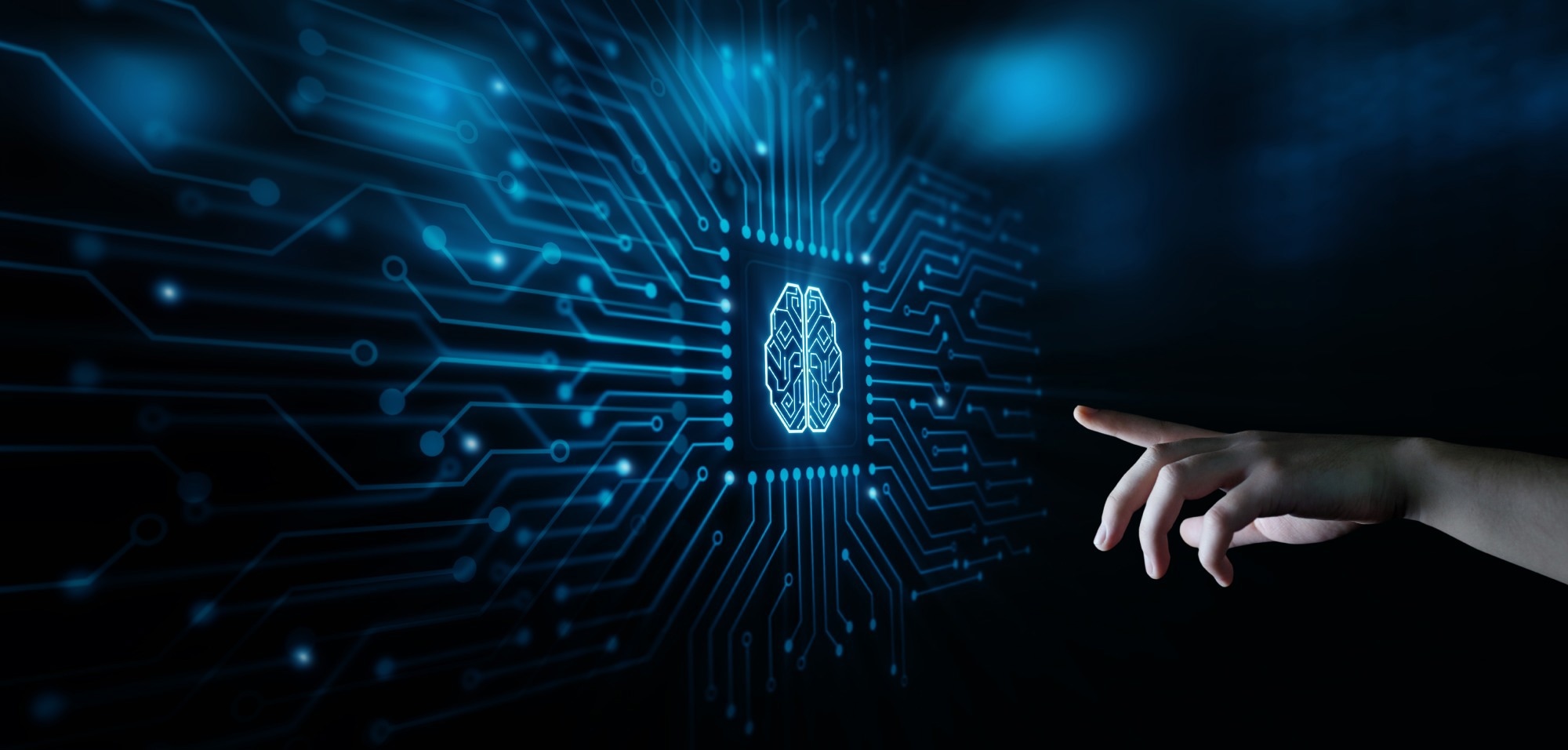Autism Spectrum Disorder (ASD) is a complex neurodevelopmental condition that affects social communication, behavior, and interaction. Early identification and intervention are crucial for improved outcomes, but ASD diagnoses are often delayed. A recent article published in the Journal of Bioengineering have made significant progress in early ASD detection by exploring the potential of electrocardiogram (ECG) recordings as biomarkers. Through the use of machine learning algorithms, they have leveraged ECG signals to predict ASD likelihood in infants as young as 3–6 months. This ground-breaking study offers promising possibilities for earlier diagnosis and intervention strategies, ultimately improving the lives of individuals with ASD.
 Study: Breaking Barriers: ECG and Machine Learning Revolutionize Early Autism Detection. Image credit: Alexander Supertramp /Shutterstock
Study: Breaking Barriers: ECG and Machine Learning Revolutionize Early Autism Detection. Image credit: Alexander Supertramp /Shutterstock
Detecting ASD in infants
Traditional ASD diagnosis relies on behavioral assessments and tests, which are typically conducted when children are older. However, the goal of this study was to identify non-invasive biomarkers that enable early detection of ASD in infants. While prior studies emphasized brain-related biomarkers, this study investigated the feasibility of using ECG recordings as potential ASD biomarkers in infants. The team collected ECG data from infants with typical development and those with an elevated familial risk for ASD. By analyzing the ECG signals and extracting various features, such as heart rate variability (HRV) and sympathetic and parasympathetic activities, they aimed to uncover the relationship between ECG signals and the likelihood of developing ASD.
ECG analysis using machine learning
The researchers employed machine learning algorithms to evaluate the predictive capabilities of ECG signals. These algorithms enable computers to learn from data and make predictions or decisions without being explicitly programmed. In this study, the researchers used various machine learning classifiers and evaluated their effectiveness in predicting ASD likelihood based on the extracted features from the ECG signals.
By applying machine learning algorithms to the ECG data, the researchers sought to identify patterns and relationships that could distinguish between infants at higher risk for ASD and those with typical development. The results showed that the K-nearest neighbors (KNN) algorithm performed exceptionally well in this classification task. The KNN algorithm analyzes the proximity of data points and assigns labels based on the majority vote of the nearest neighbors. Its high accuracy, sensitivity, precision, and F1-score values suggest its effectiveness in accurately predicting ASD likelihood based on ECG data.
Significance of the findings
The study's findings provide compelling evidence that ECG recordings can serve as valuable predictors of ASD likelihood in infants. The analysis of HRV features and autonomic regulation has shed light on the connection between ASD and alterations in the autonomic nervous system. These findings have important implications for early ASD detection, as they pave the way for the development of non-invasive, accessible, and objective biomarkers for identifying infants at a higher risk for ASD.
By utilizing wearable, wireless, and user-friendly ECG devices, healthcare professionals can potentially improve the early identification and intervention strategies for ASD. ECG recordings offer a non-invasive and easily accessible method for assessing autonomic activation and screening for ASD. The ability to predict ASD likelihood in infancy can lead to timely interventions and support, improving outcomes for individuals with ASD and their families.
Future implications
This breakthrough research opens up new possibilities for early ASD detection and intervention. Using ECG recordings and machine learning algorithms can revolutionize the diagnostic process by providing objective and efficient methods for identifying infants at higher risk for ASD. The findings from this study also lay the foundation for future research to explore additional HRV features, such as time-domain, frequency-domain, and nonlinear HRV features.
Further investigations should focus on validating these findings on a larger scale, including infants with confirmed ASD diagnoses and those with non-ASD developmental disorders. This will enhance the generalizability and reliability of the ECG-based ASD likelihood classification. Additionally, studying the longitudinal changes in ECG features and their correlation with ASD symptoms and outcomes can deepen our understanding of the developmental trajectories of individuals with ASD and guide the development of personalized treatment approaches.
Conclusion
The integration of ECG recordings and machine learning techniques holds great promise for early ASD detection and intervention. By leveraging the predictive capabilities of ECG signals, healthcare professionals can potentially identify infants at higher risk for ASD at an earlier stage, enabling timely interventions and support. This groundbreaking research from the University of South Carolina highlights the significance of non-invasive biomarkers in improving the lives of individuals with ASD.
Further research will contribute to the development of objective and efficient diagnostic tools, ultimately leading to better outcomes for individuals with ASD and their families. Applying ECG recordings and machine learning algorithms in the diagnostic process can enhance early intervention strategies and personalized care for infants at risk for ASD. The future is promising for leveraging technology and data analysis to drive advancements in ASD detection and intervention, ultimately improving the quality of life for individuals with ASD and their families.